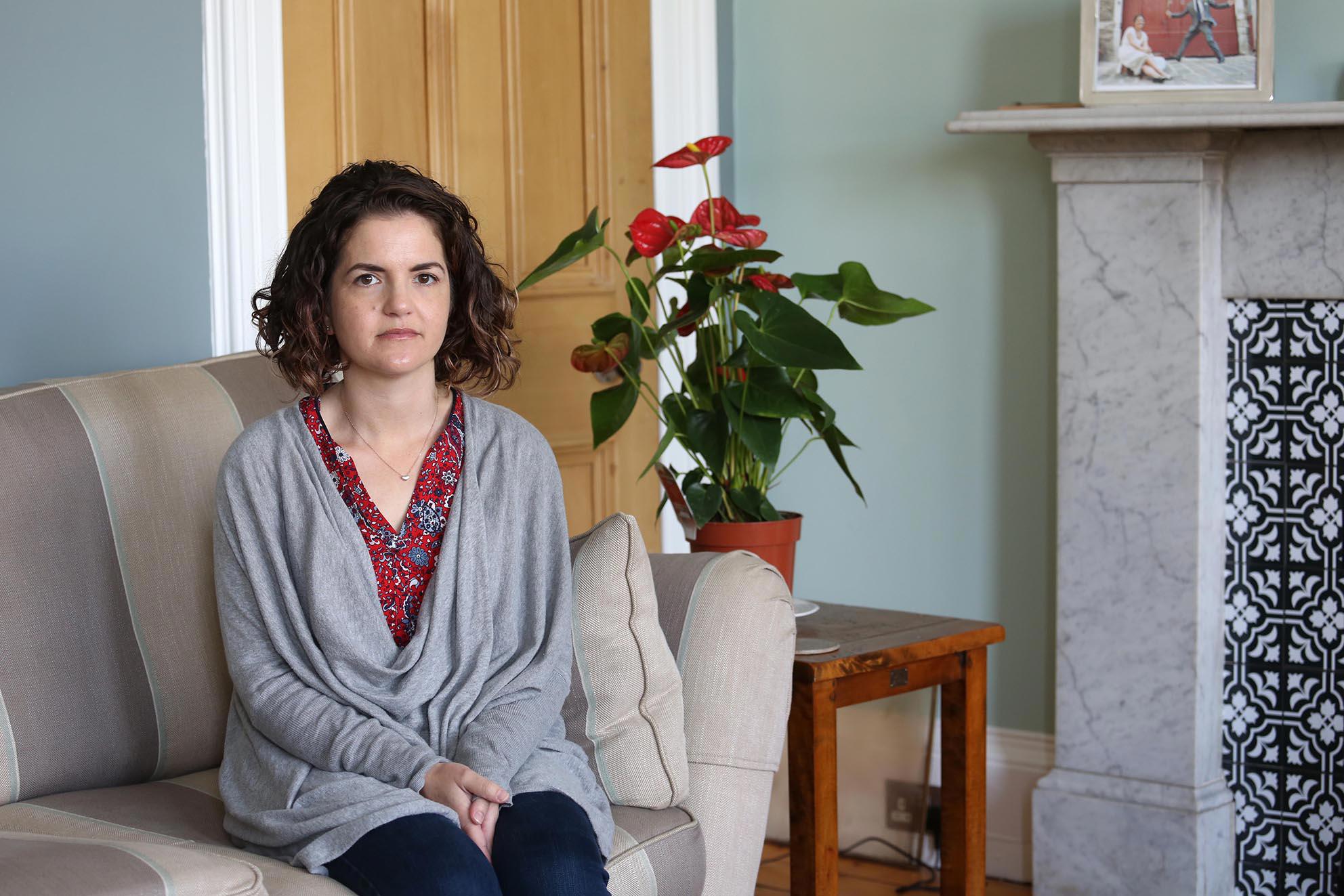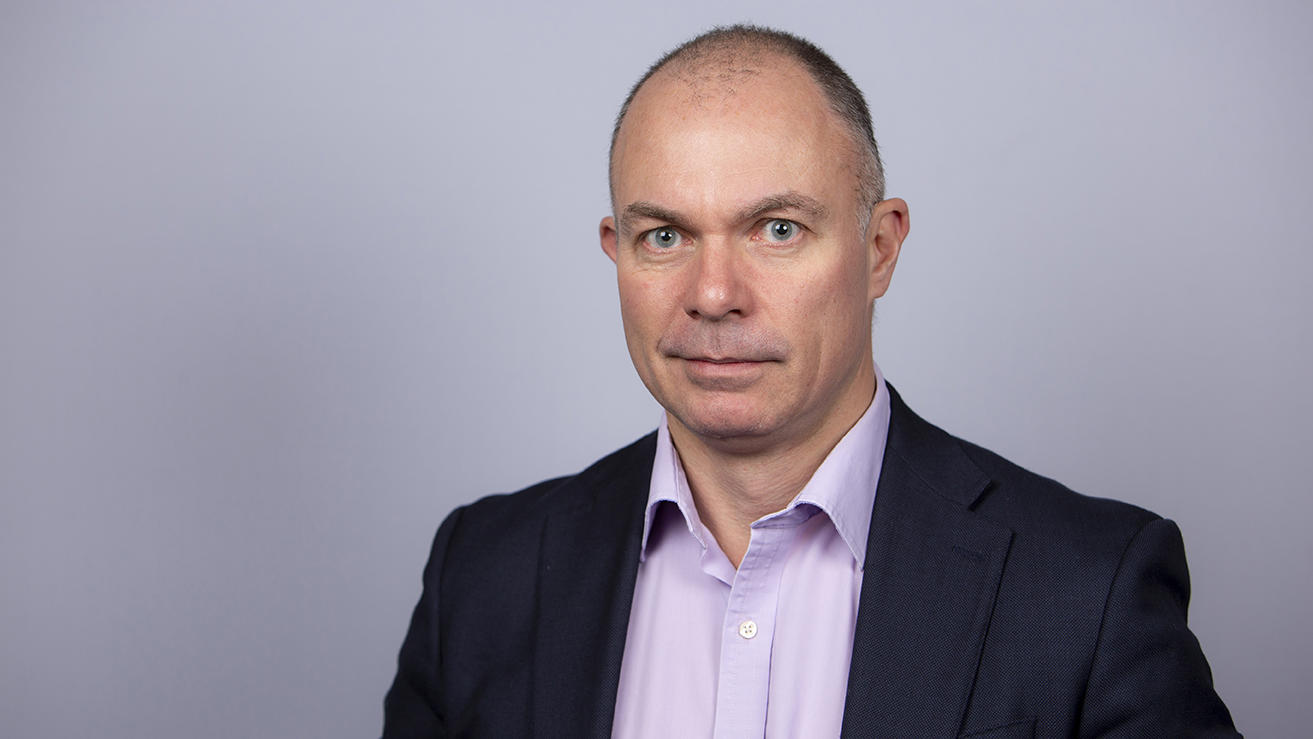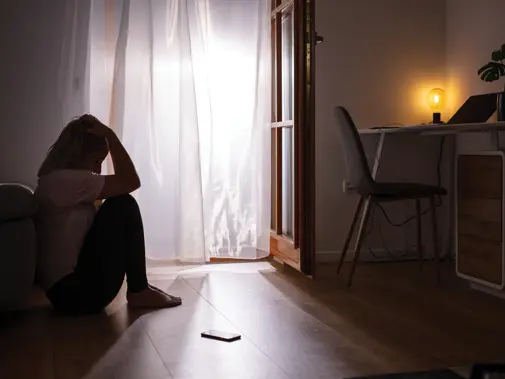Almost 400,000 people in the UK are still suffering the symptoms of COVID, more than a year after contracting the virus.
The implications of this insidious ‘tail’ left by the virus are profound, but they should not have been entirely unexpected.
In fact, says BMA medical academic staff committee co-chair David Strain, it would be unusual if such an epidemic did not have long-term consequences.
He cited the film Awakenings, based on the famous intervention by the neurologist Oliver Sacks, in which patients who had survived the epidemic of encephalitis lethargica between 1915 and 1926 were briefly roused from a catatonic state with the drug L-Dopa.
We are building the aeroplane as it takes offDr Strain
The patients were treated in the late 1960s, more than 40 years after the epidemic. Its causes are still debated. The most severe outbreak coincided with the 1918 influenza pandemic and Sacks and others argued that the influenza virus potentiated the effects of the causative agent of the encephalitis or lowered resistance to it in a catastrophic way.
COVID is different, and the world is different, but it is not unreasonable to ask whether there will be patients in 40 years still suffering from the consequences of the virus, in ways we don’t yet fully know, even if successful vaccination programmes keep the acute effects under control.
Dr Strain was co-chairing a BMA board of science discussion event on long COVID last month, with the board’s chair Professor Dame Parveen Kumar. Leading researchers gave updates into longitudinal studies, predictors of long COVID, and recovery and rehabilitation.
Drained and fatigued
The most moving presentation was undoubtedly by East Lothian GP Amy Small, who contracted COVID in April last year and suffered months of utterly debilitating fatigue.
‘Every last ounce of energy is drained away from you,’ she says. For an energetic and hardworking GP, the effect was devastating. An attempt to return to work for a full day left her so tired she could not even move her jaw muscles to talk or drink.
The only way she could avoid terrible relapses was to discover how to pace. To prepare a meal she would peel the carrots, go and rest. Cut the carrots, go and rest.
 SMALL: A day’s work left her devastated
SMALL: A day’s work left her devastated
‘For someone used to whipping up a stir-fry in 10 minutes, this is an incredibly different way of doing things,’ she says.
‘It taught me I had to plan my day. If I was picking up my kid from school, I probably couldn’t take him there.’
A clause in her practice agreement meant that she was expelled from it, having not been able to work for six months. She has now recovered sufficiently to be doing full-time locums. She needs to be careful about how she uses her energy but is gradually improving.
With such long and varied effects, the need for good population studies is vital. But as Bristol professor of medical statistics and epidemiology Jonathan Sterne says, researchers were trying to create definitions, design treatments and learn how to manage the condition while still knowing very little about it.
‘We are building the aeroplane as it takes off,’ he says.
Estimates vary
Professor Sterne is part of a large collaborative study, which is seeking to establish the nature of long COVID, and its risk factors and outcomes, using data from electronic health records and population-based cohort studies.
Establishing prevalence is difficult, he says. ‘You can see huge variation in the estimated prevalence of long COVID depending on the age of people studied and the severity of their symptoms.’
Every last ounce of energy is drained away from youDr Small
The percentage of people with COVID experiencing symptoms from four to 12 weeks has been recorded at between 3.3 and 23.2 per cent of the population.
Data on the percentage of those having symptoms for more than 12 weeks varies between 1.3 and 41.1 per cent.
Primary care coding shows even lower prevalence, and he and others at the event stressed the importance of long COVID being correctly coded in primary care to aid understanding of and planning for the condition.
Other speakers included Leicester professor of respiratory medicine Chris Brightling, who is carrying out a study on the outcomes of people who have been hospitalised with COVID, and Leicester professor of pulmonary and cardiac rehabilitation Sally Singh, who presented on the rehabilitation needs of patients, and the ‘Your COVID Recovery’ online resource for those who are experiencing continuing symptoms.
Holistic approach needed
King’s College senior clinical lecturer and consultant geriatrician Claire Steves is using data from the COVID symptom study app, in which 4.5 million people have participated, to help predict the nature of the disease, estimate prevalence and predict hotspots, hospitalisations and other outcomes.
She gave an example of how the NHS had to adapt to COVID. While some with long COVID had a single condition that was driving most of the symptoms, others had problems with a number of systems.
 STRAIN: Surprised if COVID did not have long-term consequences
STRAIN: Surprised if COVID did not have long-term consequences
‘If people are going to have to see multiple different professionals, then it is going to be very burdensome on individuals who have fatigue and it’s also going to lead to multiple different doctors having different suggestions for treatments.’
There have been many predictions of COVID’s legacy, ranging from a renewed commitment to the environment to a more atomised society resistant to public gatherings. But for all the mix of idealism and pessimism in the other predictions, it is a certainty that hundreds of thousands of people will be going into the future with enduring symptoms of long COVID.
And, as Dr Steves suggested, the health service will need to find new and imaginative ways of looking after them.
Listen to the discussion

